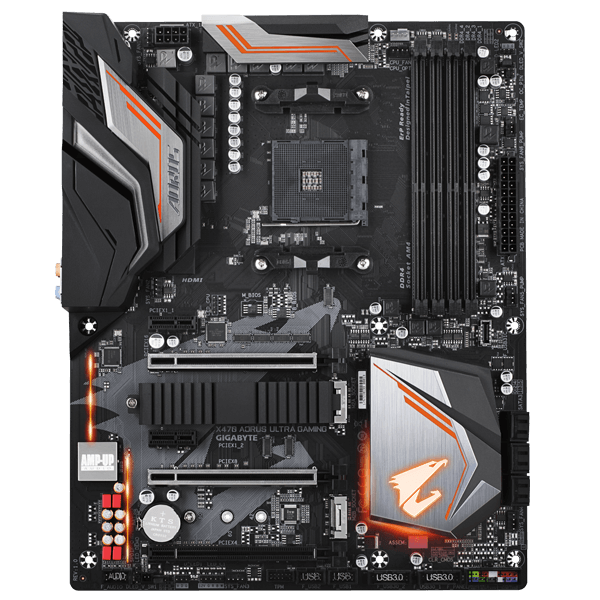- Joined
- Jan 4, 2024
- Location
- Indiana
The cpu I am getting is 14gen i7-14000k what I would like to know what gpu would perform best with the i7-14000k?
Welcome to Overclockers Forums! Join us to reply in threads, receive reduced ads, and to customize your site experience!
The chip he chose happens to be the only one that saw a core/thread count increase, FYI. So, yes, but in this case, that's arguably the best one of the bunch.why 14th gen? it has the same performance as 13th gen but extra "new" cost?
honest question, do you count e-cores as coresThe chip he chose happens to be the only one that saw a core/thread count increase, FYI. So, yes, but in this case, that's arguably the best one of the bunch.
lol well its a good choice if you dont count the e cores as full cores. 7800x3d beats the pants off everything intel in gaming, but it only gives you 8c/16t so same as the number of Performance cores on the 14700k.I would disagree!! For gamming and I am intel all the way.
Im onboard for the best value/fit regardless of brand. Currently AMD has the gaming crown, but Intel still has some great CPU's I really love the lower power T series, killer core/threads per watt value for micro servers and things.I am not onboard with amd stats or not.
I will soundly disagree as my Gigabyte X470 Ultra Gaming is still getting updates for AM4 CPUs, last update was December 25th 2023Upgrades are only a myth that people share on the web. In most cases, you leave with an "old" motherboard without support as nearly every manufacturer won't release anything other than basic updates with a new microcode after 6-8 of a motherboard release and focus on new models. We've seen it in every generation in the past. Most people skip upgrade options and move to the next socket. Some are forced to switch motherboards anyway.
If you have something like Gigabyte, then expect 2-5 PCB revisions in 1-2 years. Once any revision is released, they don't release any other BIOS updates for older ones, other than new CPU support, but it's not even tuned. There is no brand that cares about less popular motherboards or cheap series. ASUS keeps longer support only for their high ROG series (not even some Strix models).
Many people say that AMD uses sockets for longer, and in theory it could work this way, but motherboard manufacturers move on and focus on new models, so the reality is different.

This is a very very reasonable concern, and is true of many mid spec, to low spec motherboards.There are other cases, like power delivery, as some models are not designed for future series at a higher TDP. We don't know what will be with AM5 mobos. Hopefully the story won't repeat like with every previous AMD gen. I doubt that we will see more than 16 cores for AM5, so the TDP should be reasonable and supported by all current motherboards.
